
Tap to Read ➤
Amazing Benefits of Chrysanthemum Tea
Ankana Dey Choudhury


A natural coolant and much hailed in the ancient Chinese medical treatises, chrysanthemum tea has a lot to offer to a regular drinker. Read on and find out all about the variant chrysanthemum tea benefits and side effects.
"Drinking daily a cup of tea will surely starve the apothecary." ~ Chinese Proverb.
It wouldn't be erroneous to conclude that the Chinese were referring to a nice, soothing, golden brown cup of chrysanthemum tea, for all ancient Chinese medical doctrines swear by the remarkable health benefits of chrysanthemum tea.

It is brewed from the tisane, that is dried or fresh flowers and foliage of either white or yellow variety of chrysanthemum which are assuasive to the eyes and releasing pent-up heat from the body, respectively.

This herbal infusion, to which the Japanese were initiated in the 8th century AD by the Chinese, is in fact so refreshing and beneficial for the eyes of employees working in computer terminals with video displays using cathode-ray tubes, which is infamous for causing rampant ocular discomfort in China.
There are a lot of other chrysanthemum tea health benefits which prove to be very helpful to treat certain ailments and this subsequently prevents one from gulping down allopathic medicines unnecessarily when a natural remedy is at hand.

Chrysanthemum Tea Nutritional Information

Chrysanthemum tea has high contents of β-carotene, generally present in yellow herbs and fruits. This form of vitamin A, which other than addressing skin ailments and boosting immunity, very importantly keeps advancing blindness risks and age related eye issues at bay.

It also has rich sources of B vitamin types such as choline which aids fat metabolism, folacin that boosts cell development and replication, niacin that is indispensable for the normal operation of the systema nervosum and the gastrointestinal tract and riboflavin that facilitates slimming and keeps away abnormal structural changes.
It contains vitamin C that not only prevents scurvy but also acts as a shield to protect from eye diseases and common cold, among others.

Comprising of glycosides, adenine and variant amino acids; Chrysanthemum tea also repletes with minerals by the likes of calcium (for bones and teeth), iron (for transportation of oxygen by blood), magnesium (for performance of nearly 300 different bodily operations) and potassium (for sound cardiovascular function and regulation of blood pressure).

Chrysanthemum Tea Health Benefits

Chrysanthemum tea is known to clear head colds and alleviate sinusitis pains. This could be due to the vitamin C content of the tea. It is also antiviral in nature and thus a reliever of head congestion which are often viral infections.

Head cold can also be pathogenic bacterial reactions. Owing to its anti-spirochetal qualities, it can relieve head congestions. It is known to vanquish dermatomycosis, pseudomonas aeruginosa, shigella dysenteriae, staphylococcus aureus, streptococcus haemolyticus B and tubercle bacillus in the body.

Chrysanthemum tea naturally lacks caffeine which makes it resistant to caffeine-induced side effects such as anxiety, irritability and nervousness.

It is a natural coolant and so can bring down body temperatures in feverish conditions as well as heat strokes and also proves beneficial in curing acne and pimples along with stress headaches, gums with throbbing sensations and minor toothaches caused due to heat.
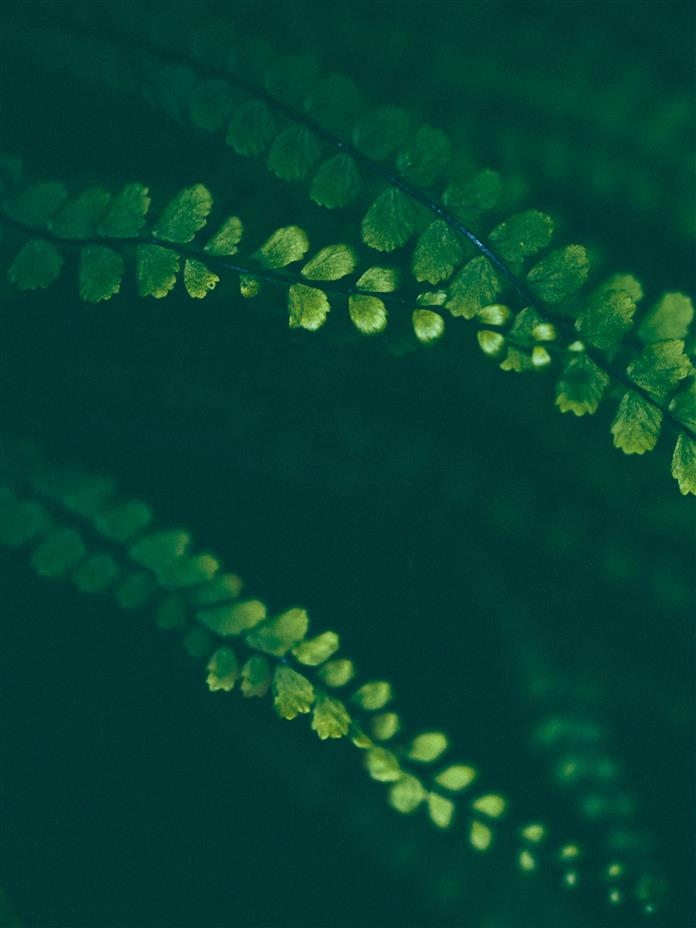
It is used complementary with the treatment of atherosclerosis or blocked cardiovascular arteries and varicose veins. Chrysanthemum tea benefits also include liver detoxification and reduction of soaring cholesterol levels.

Chrysanthemum tea is known for its stimulating properties and is thus used to refresh the brain and alert the senses. It energizes all the senses in a jiffy and also calms them down for better and clear perception.

Known to rid giddiness, the benefits of drinking chrysanthemum tea includes soothing sore throats and helping to cure red, itchy eyes, dry, fluid-deficient eyes, and dark spots in the eye region.

Chrysanthemum tea fortifies the lung and solves respiratory glitches such as shortness of breath.

How to Make Chrysanthemum Tea?
As you can gauge by now, chrysanthemum tea benefits are truly innumerable. Brewed by steeping piping hot water to 3 to 5 grams of tea for 5 to 7 minutes, this infusion has a blissful flowery flavor which is truly invigorating. Often drunk during meal times to aid digestion, especially of oily dishes, the chrysanthemum tea recipe is often experimented with.
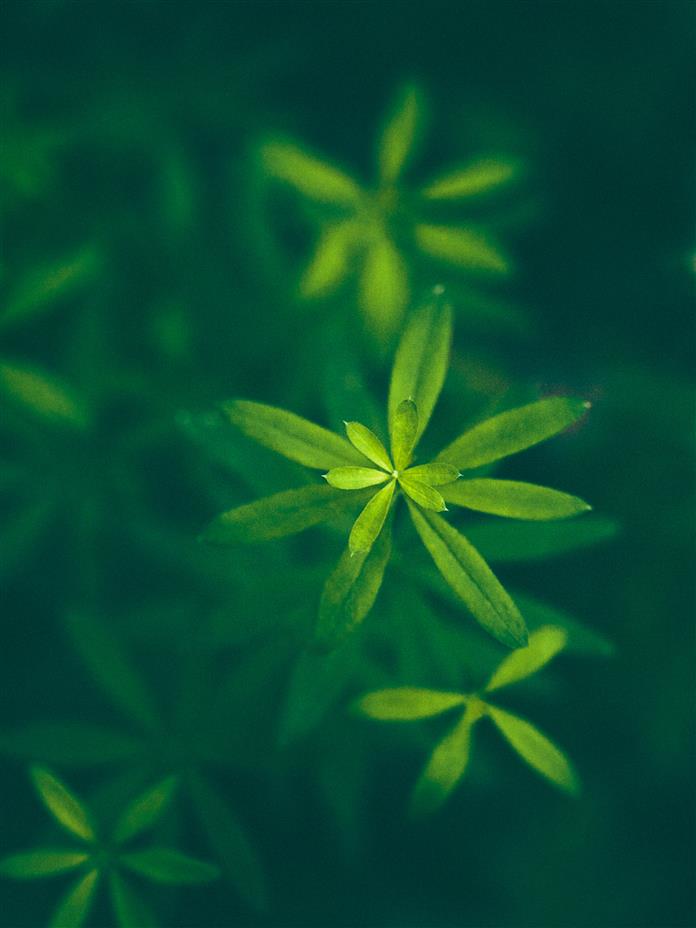
People often temper the drink by throwing in some cane sugar, rock sugar or honey, slivered Chinese licorice, ginger root and orange wolf berries occasionally to make it a perfect contender for a healthy sweet tea recipe with a sweet aftertaste.

Chinese like to use chrysanthemum tisane for the brewage wherein 5-6 chrysanthemum flowers are added to a tall glass of piping hot water. They wait till the dry flowers start to resemble fresh ones and then consume it. For those who want the tea to be sweet, translucent rock sugar is added to the water and allowed to dissolve completely before it is boiled.

This concoction is seldom drunk completely at one go because once the drinker has consumed about ⅔rds of the tea in the glass, he refills it with boiling hot water again.

Chrysanthemum tea is known to be a wonder drug for treating heat rashes in a jiffy. All you need to do is steep 2 tablespoons of dry chrysanthemum flowers and a tablespoon of peppermint leaves in a quart of boiling hot water for something like 20 minutes. Then sip half a cup of this infusion every 2 hours till the rashes disappear.

However, it would be improper to not make you aware of the fact that certain herbs and their infusions may disrupt the course of your medicines that you may be consuming for some cause. So, do consult a physician before indulging in this soothing drink.

Also, some individuals break into skin allergies when in contact with the sap of chrysanthemum plants. So, do not ingest it in case you notice something of this sort after touching its juice, thorns or foliage. By large, it is a safe drink and can be given occasionally to kids as well.

Remember to store it away from sunlight exposure, in a dry yet cool place in order to retain its potency. Chrysanthemum tea is the Chinese super drink which can be enjoyed globally. So give those harmful, high calorie, carbonated drinks a miss today and go the healthy herbal way!